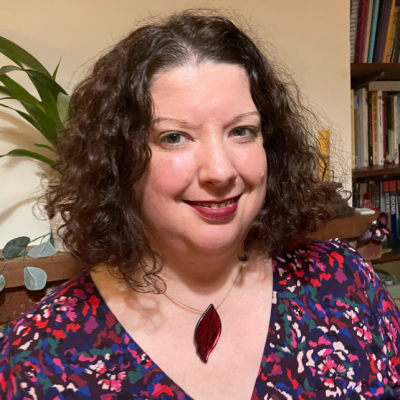How do I know if I need counselling and when is a good time to start?
I’ve been reflecting recently about how we sometimes dismiss a low mood, depression, anxiety or other symptoms as just 'life', and think that we just need to brave the storm. 'It’s OK', we say to ourselves, 'this will all pass and I’ll start to feel better soon'.
The family, work or relationship issues may pass. Then, whether or not new issues come up, we may still feel low, depressed, anxious, or simply lost. It may even be that we start to think of this as our 'normal' way of being. We may even say 'this is who I am now', or we might not even notice that our well-being and sense of self has taken a dip.
So, the first obstacle to embarking on counselling or other measures to improve our state of mind may actually be that we don’t realise a low mood or depression has become long-term, or we may just try and accept it as the way things are. If you suspect that this is what is going on for you at the moment, there are some questions you can ask yourself to find out if it might be time to look for help.
- Am I enjoying hobbies and socialising like I usually do?
- Do I have the level of confidence and get up and go that I would like, or that I have had in the past?
- Have I slipped into any negative patterns such as drinking or spending to medicate myself or make myself feel better?
- Am I content with my relationships, or have a lot of them become fraught or distant?
- How is my sleep? Is there anything to do with my sleeping patterns (such as insomnia or wanting to sleep all the time) that suggests I am not okay?
As for those of us who may suggest that this is how they are now and they just have to get used to it, I want to say to you that you deserve to feel well, purposeful, and comfortable in your own skin. Counselling can help, and there are other things you can do too if you find yourself in a persistent low mood or with persistent anxiety or similar.
- A change can be helpful, perhaps simply a weekend away for a different perspective. Or maybe it’s that job you are in that needs changing. Sometimes we talk ourselves into staying in unfavourable circumstances when there are, in fact, alternatives.
- When it comes to anxiety, sometimes it breeds when we are in control of very little in our lives. What can you take control of today that may tell your anxiety you are the boss? Or, perhaps it is a case of saying no to things we have been saying yes to because we have felt we have to.
- Talk to a friend or family member about what is going on for you. A different perspective might help, and it always helps to vent.
So, if you have identified that counselling would be a good idea for you, I would usually say go for it sooner rather than later. The longer we stay in a low or anxious state, the more ingrained both the mood and the negative patterns can become. You and your well-being matter, so if possible, start counselling as soon as you can.
However, there are some situations where delaying counselling might make sense;
- If you have a range of things you are working through at the moment including, for instance, legal issues or arranging care for a loved one, it may be worth seeking this kind of support before embarking on counselling. This may free up headspace for you and give the counselling the best possible chance.
- If you are very busy with a project or if you are studying for exams or similar, it might be worth considering finishing this so that you can give counselling the time and energy it deserves.
- Stop and think if there are is anyone you wish to let know you are going to be having counselling. Would it be helpful for any friends, family members or work colleagues to know? Is there any support that needs to be arranged, such as childcare, for instance?
I hope this has helped anyone who is unsure whether they need counselling or if you are wondering about when to start. Embarking on counselling is a step into the unknown which takes courage, but it can be life changing in the most positive of ways, and I hope that it proves to be this way for you.

Find the right counsellor or therapist for you
All therapists are verified professionals
